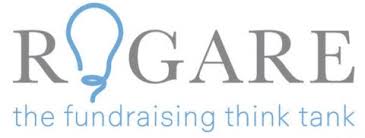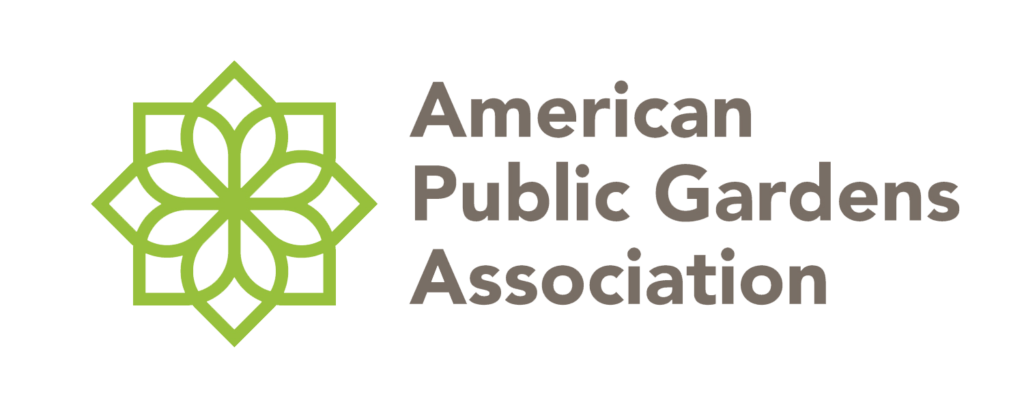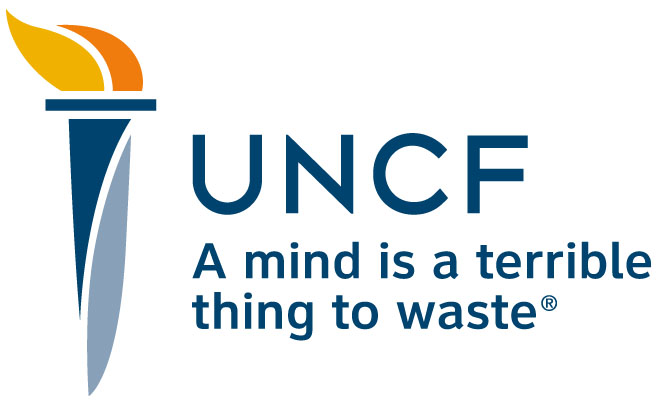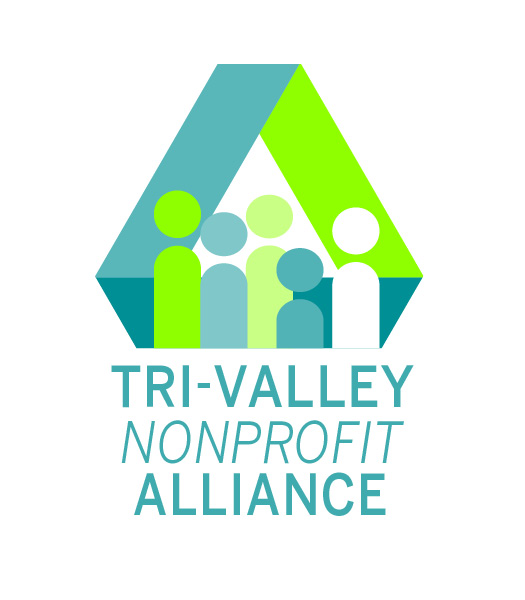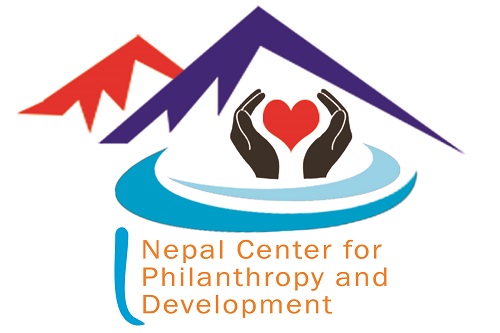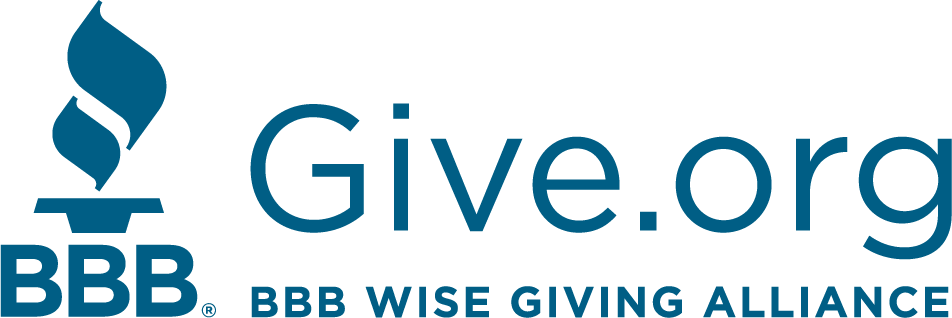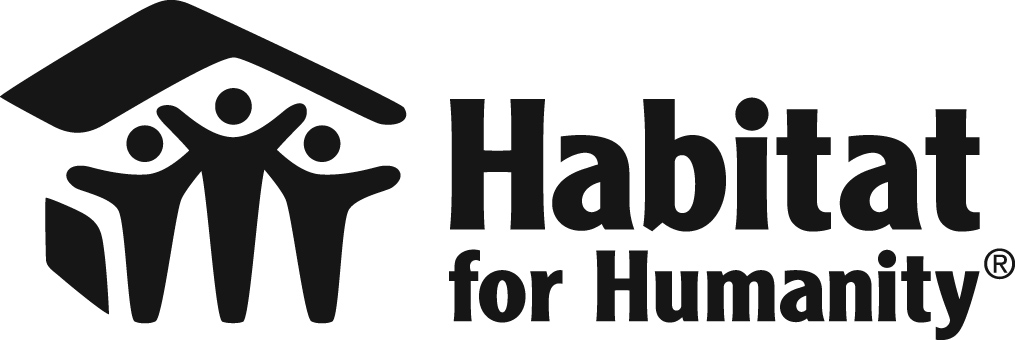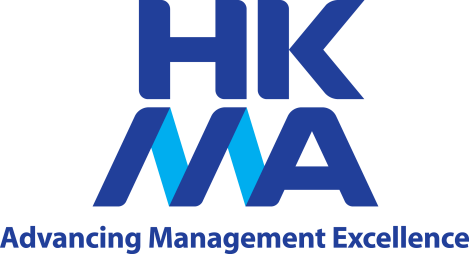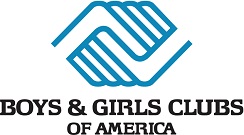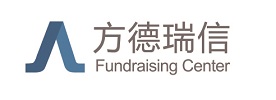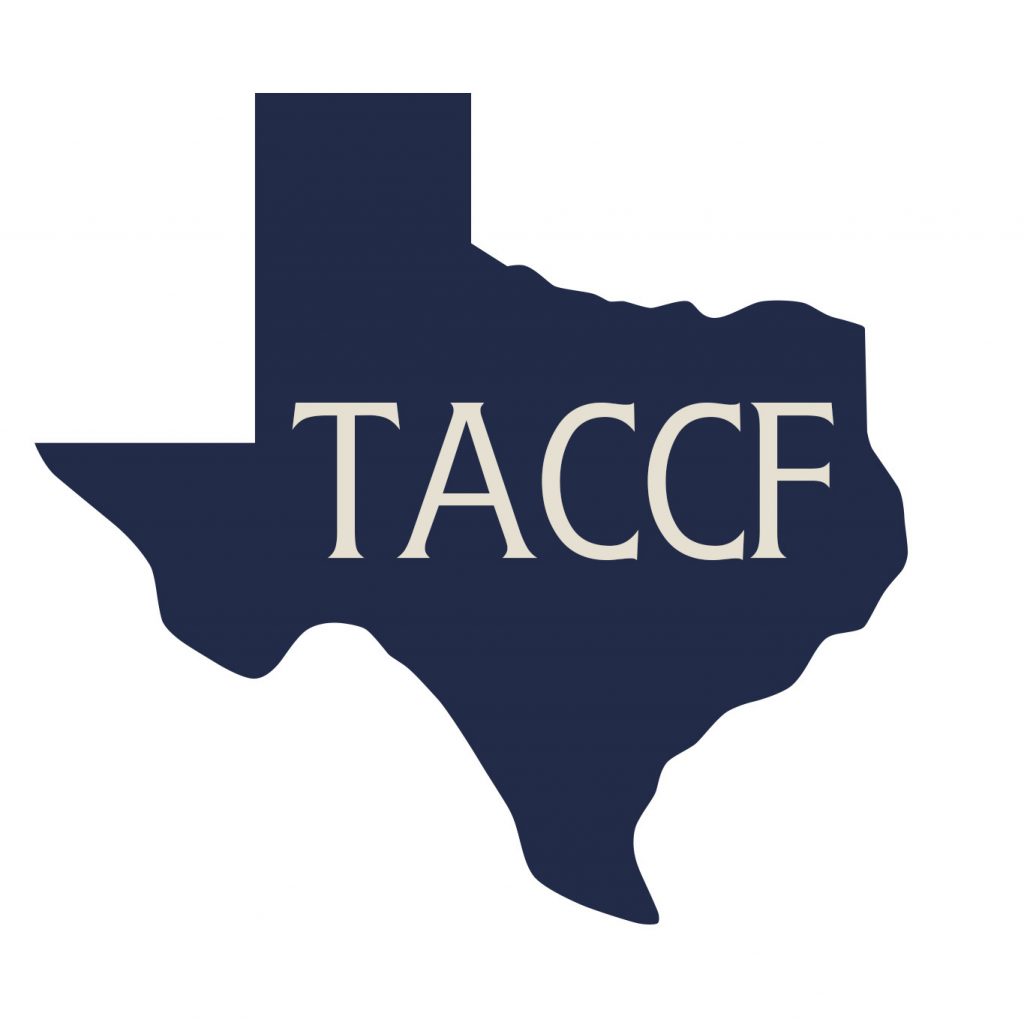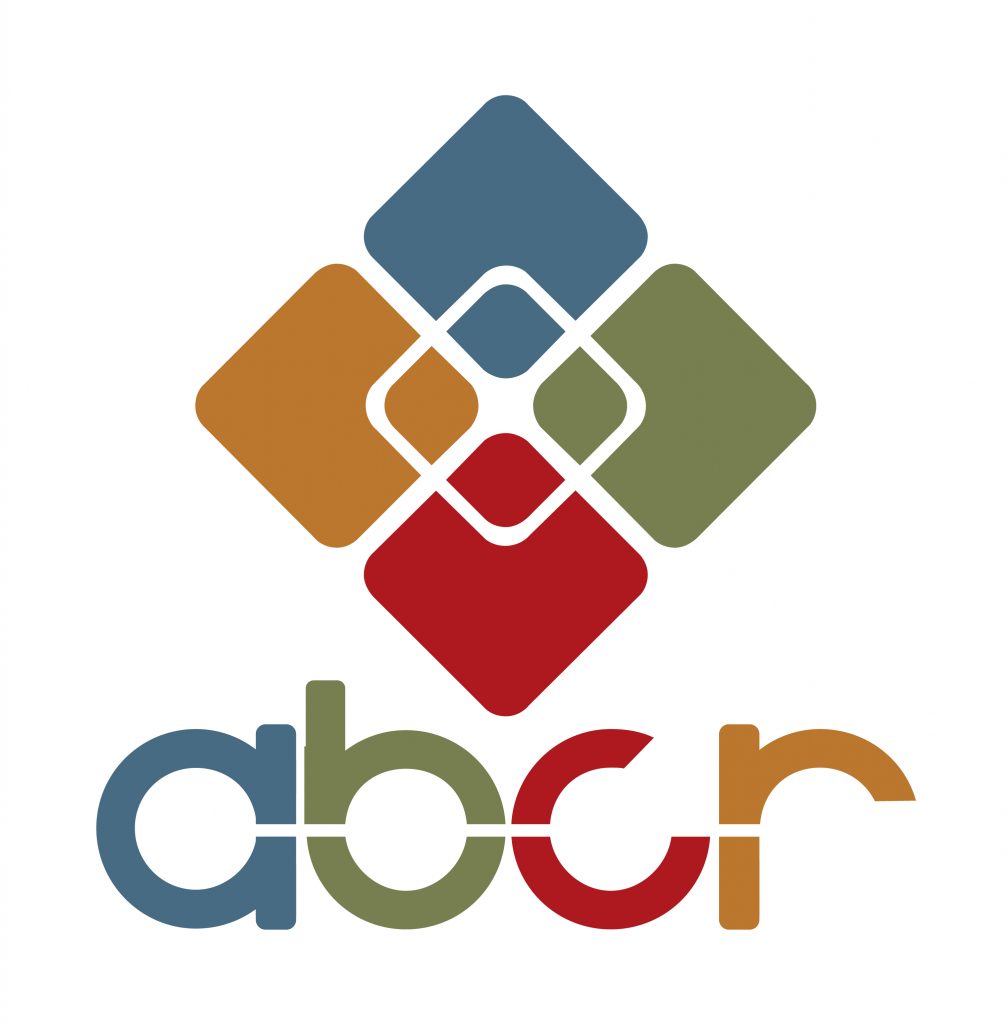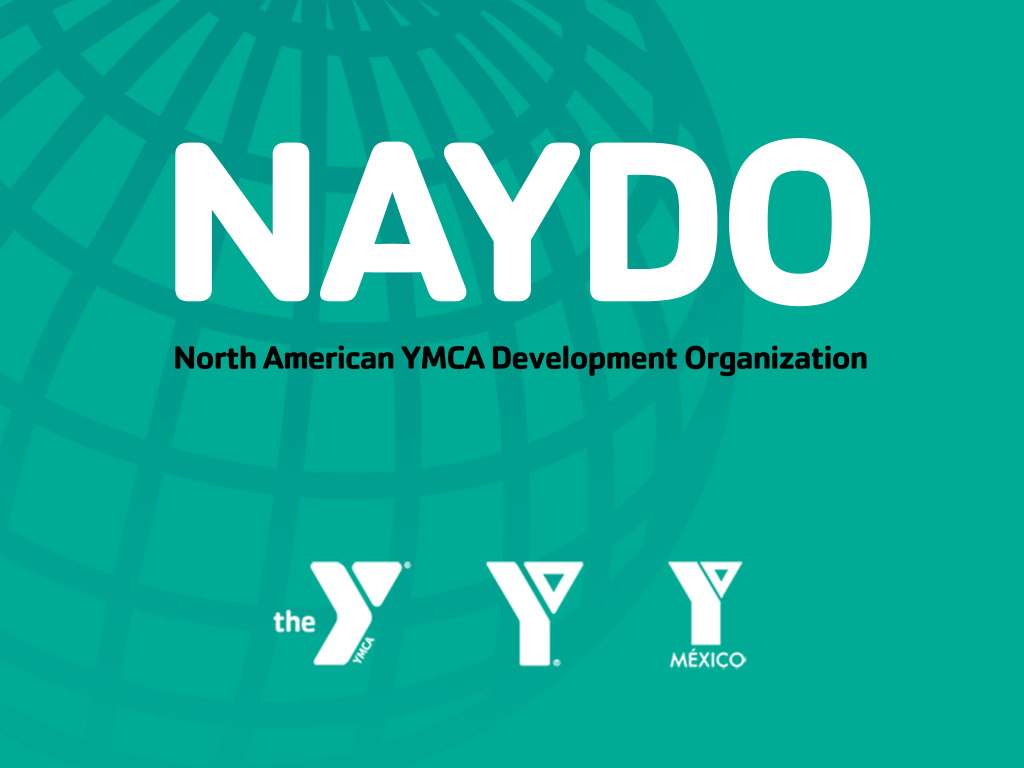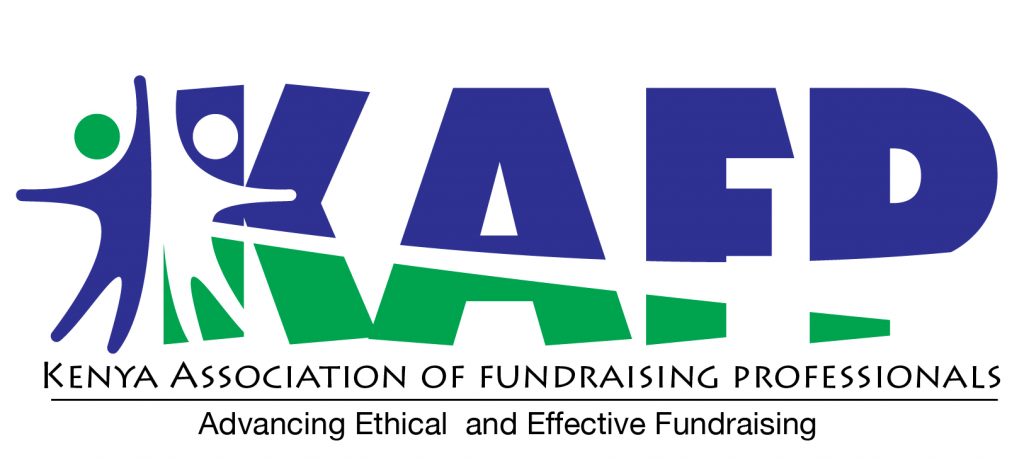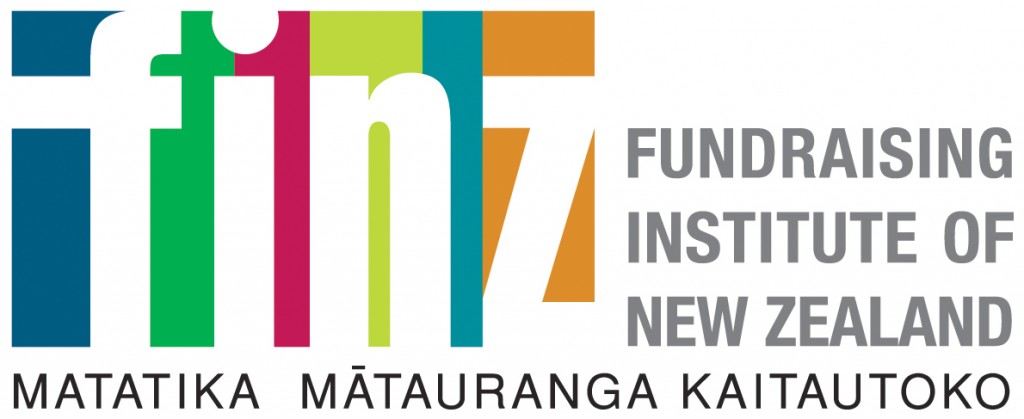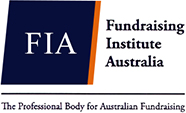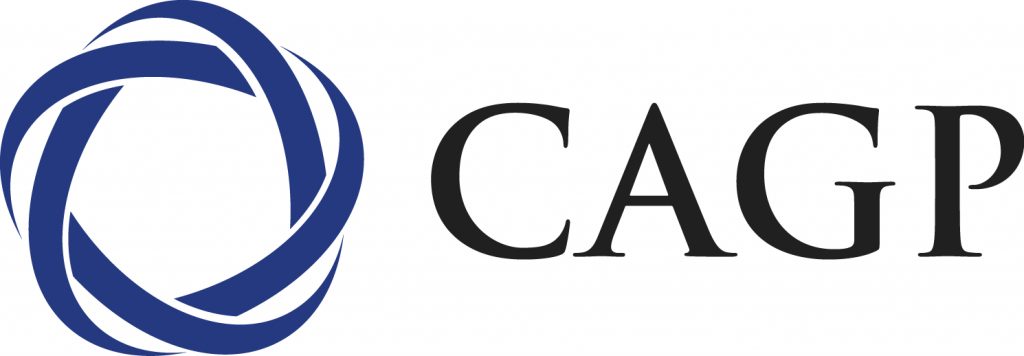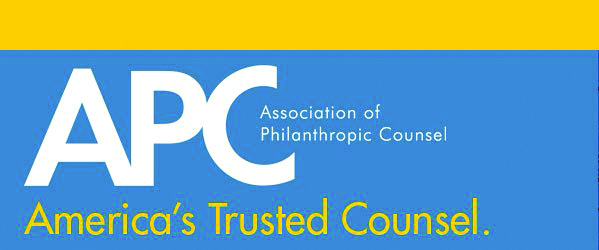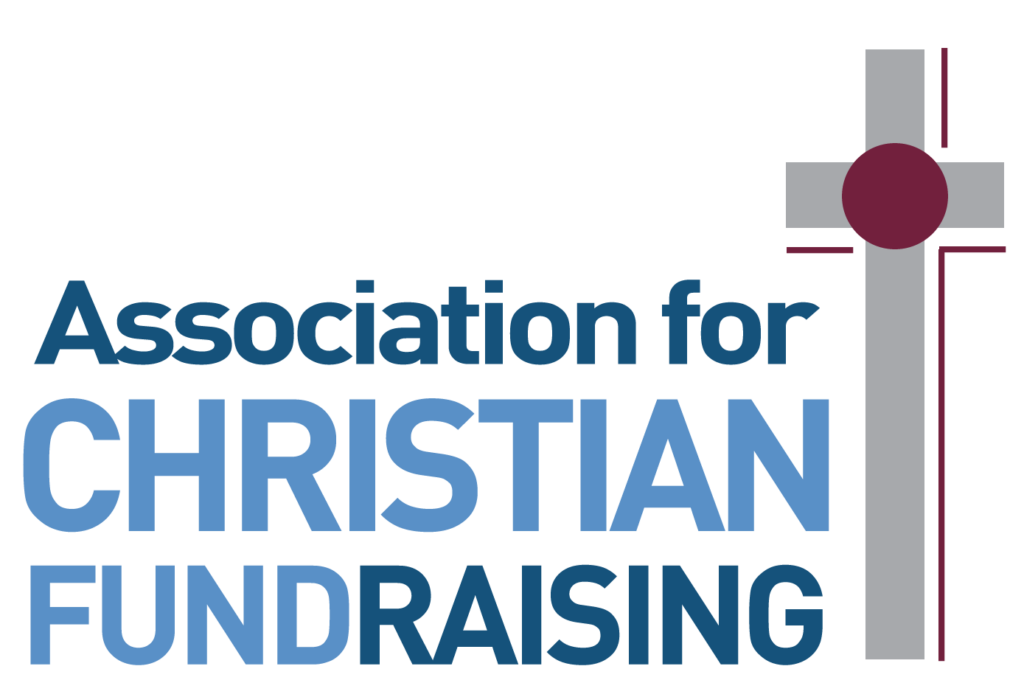Following a year of intense media scrutiny, U.K. fundraising think tank Rogare has undertaken an initiative to evaluate fundraising’s existing professional ethics and ultimately propose an enhanced ethical decision-making framework for the fundraising profession. Three members of the CFRE International Board of Directors, Heather McGinness, CNM, CFRE, Clive Pedley, CFRE, FFINZ, and Lesley Ray, MBus, CFRE, FFIA, are participating as members of the initiative’s Advisory Group.
Thus far the initiative has found that fundraising’s existing professional ethics are dominated by applied ethics – as outlined in documents like the Donor Bill of Rights and various codes of practice. These applied ethics simply tell the fundraiser what they may or may not do, but they don’t get at why. Normative ethics which help fundraisers understand why they may or may undertake certain practices were found lacking. Further, existing ethical standards and codes of practice prioritise fundraisers’ duties to their donors and leave out any duty fundraisers may have to their beneficiaries.
In their recently published white paper the Rogare team outlines its initial thinking on a new normative theory of fundraising ethics. One that includes the beneficiary in the ethical decision making process. The white paper calls this new theory “Rights Balancing Fundraising Ethics”. It’s a framework that would balance the duty of fundraisers to solicit support on behalf of the beneficiaries their organisation serves with the righst of the donor not to be subject to undue pressure to donate.
“Attention to ethics is absolutely essential to maintaining the credibility of not only the fundraising profession, but the collective credibility of our organisations”, said CFRE International Vice Chair Heather McGinness. “CFRE International offers the only globally-recognised credential for fundraising professionals and requires adherence to the International Statement of Ethical Principles in Fundraising. The Statement was established to advance the common purpose of assuring public trust in the non-profit sector while discouraging personal gain at the expense of donors and stakeholders. Beneficiaries are specifically and repeatedly noted as stakeholders throughout the Statement, and a rights-balancing model to fundraising ethics further underscores their importance in how we carry out our work around the world. It is an honour to have a role in this important effort with Rogare, as a fundraising professional and as a CFRE.”
Download a copy of the Rogare white paper RIGHTS STUFF: FUNDRAISING’S ETHICS GAP AND A NEW THEORY OF FUNDRAISING ETHICS v1.1. We’ll keep you informed as the initiative progresses and these ideas are expanded.
